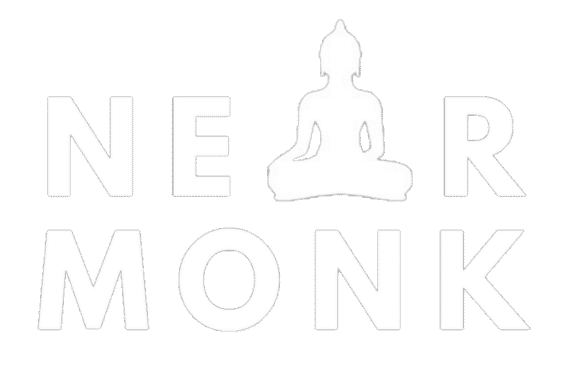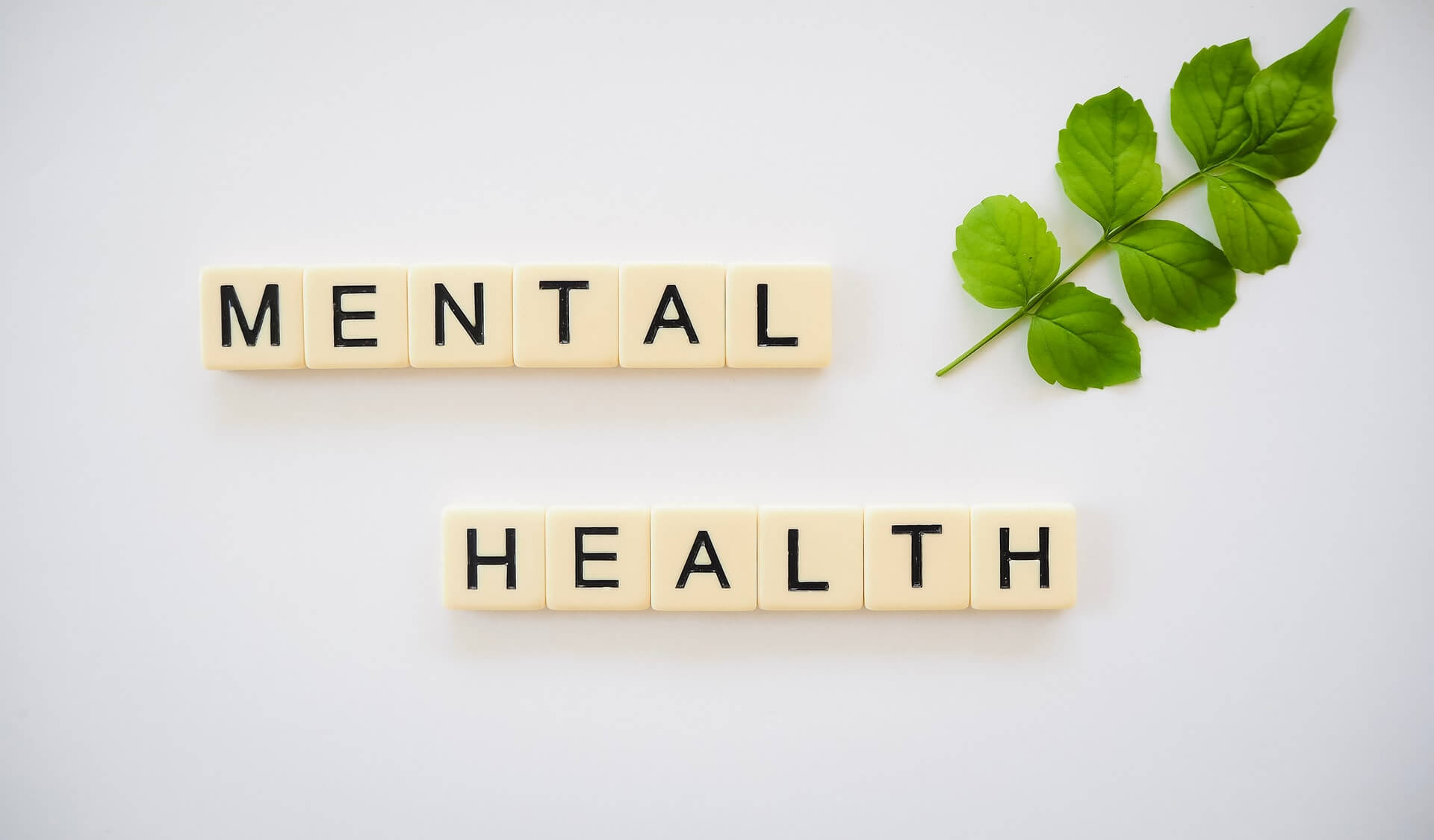This guide will help you to learn about mental health and other factors affecting our mental health.
We all come across multiple sources that promote human health in our daily life. If you had experienced it personally since 2020, when the whole world was under lockdown, Mental health has been a major concern. Be it students or working professionals.
So what exactly is mental health, and how can we improve it for ourselves and the people around us?
What is Mental Health?
According to the centers for disease control and prevention, ‘Mental health includes our emotional, psychological, and social well-being. It affects how we think, feel and act.‘
And considering how fast we are moving in our daily lives, working hard, and giving tons of energy to improve our future, it takes a toll on our mental health.
Also Read - How to Find Peace of Mind?
Everyone is always at risk of developing any mental health disorder. It has no regard for age, sex, income, or ethnicity.
Be it social and financial circumstances, Unfortunate childhood experiences, biological factors, or any underlying medical condition.
A 2015 study in IRAN described several socioeconomic causes of mental health conditions.
This study also described two types of factors that affect the quality of mental health:
Modifiable Factors
- Occupation
- Social interaction
- Education
Non-Modifiable Factors
- Gender
- Age
- Ethnicity
- Nationality
Types of Mental Health Disorders
Mental health in itself is something as deep as space. There is not just one type. So what are the types of mental health? Let’s see.
Click here to download WHO statistics of global mental disorders.
Anxiety Disorders
We all, at some point in our lives, have experienced anxiety. Be it a stage performance, an exam, before an important sports event, or before proposing to that high school love. But that anxiety comes and goes.
People with anxiety disorder usually don’t see their anxiety go away. If left untreated, it could aggravate to a point where the individual can remain anxious all the time.
Types of Anxiety Disorders
- Generalized anxiety disorder
- Panic disorder
- Obsessive-compulsive disorder (OCD)
- Post-traumatic stress disorder (PTSD)
- Social anxiety disorder
Mood Disorders
We all have ups and downs in our lives. We have had moments of happiness and moments of sadness. Still, whichever that happens is usually under our control.
Mood disorders, however, cause intense feelings of sadness (depression) and joy (mania), which are hard to manage and get out of control. These extreme emotional states can last for an extended time.
Psychotic Disorders
These are severe mental illnesses that cause distorted thinking. People who suffer from episodes of psychoses frequently experience:
- Delusions
- Hallucinations
- Loss of touch with reality
Common Psychotic Disorders
- Schizophrenia
- Brief psychotic disorder
- Schizoaffective disorder
- Eating Disorders
Eating disorders are generally abnormal behaviors affecting a person’s physical and mental health.
As per the data, About 9% of the global population suffers from at least one eating disorder.
Common Types of Eating Disorders
These are some common types of eating disorders.
Anorexia Nervosa
People who are extremely conscious about gaining weight or have an overpowering will to stay thin usually suffer from Anorexia. These people restrict their food intake and usually fall prey to malnutrition and other problems.
Bulimia Nervosa
People who suffer from bulimia nervosa are entitled to binge eating, that is, eating large amounts of foods and then trying to get rid of the extra calories by trying unhealthy ways like fasting, exercising, inducing vomiting, or misusing laxatives. Etc.
The Solution to Mental Health Issues?
We now have a brief idea about mental health, some of its types, and how our mind and body are affected in different situations.
But why do we think mental health is important? Is it that big of a deal? Or are we just emphasizing something which isn’t required? Well, it is important. It is necessary.
Mental health is more important now than it has ever been before. The importance of a healthy mind reflects in everything we do.
Taking Care of Mental Health
Maintaining a positive state of mind and treating any pre-existing mental health conditions is crucial to stabilizing constructive behaviors, improving social and personal relationships, maintaining a positive self-image, and enhancing productivity.
Taking care of our mental health doesn’t just improve our daily functioning. Still, it also helps us control or at least gives us the will to fight back some physical health problems directly linked to mental health conditions. E.g. stress causes heart-related conditions; hence, managing stress would positively affect our heart’s health.
Benefits of Taking Care of Mental Health
- Improved mood
- Reduced anxiety
- Better sense of inner peace
- Clear thinking process
- Increased self-esteem
- Better sleeping cycle
- Better eating habits
We have discussed so much about mental health now, and you must be thinking about how someone can know if they are mentally ill or not.
Also Read - How to Control Your Mind?
Well, there are many clinical methods to diagnose mental illness. Usually, psychiatrists or psychotherapists carefully review your symptoms, evaluate your mental health, and follow the ICD-10 DIAGNOSTIC CRITERIA.
These criteria provide specific codes to determine the illness the person is suffering from. These are some common codes.
Can We Self-Diagnose Mental Health Issues?
Well, we can’t give an accurate clinical diagnosis for ourselves before we consult a healthcare professional, but here are the five most important signs which can indicate a mental health issue,
- Feeling sad or tired the majority of the time.
- Confused thinking or reduced concentration.
- Extreme anxiety, guilt, worry, suicidal thoughts.
- Extreme mood changes.
- Hampered social interaction/relationships.
There are many other signs which can indicate a mental illness which can be seen here:
So now there must be a question in your mind, “What if I have some of the signs in my daily life or in suspecting myself with some mental issue?.”
How to Improve Mental Health?
These are some ways to improve mental health.
# 1. Seek a Mental Healthcare Professional
Evaluate yourself or encourage your friends to get themselves evaluated for the same. You can receive counseling about daily life and learn about stress management.
# 2. Talk to a Close Person
if you think you’re not ready for medical help.
# 3. Learn about Mental Health
Knowledge about exactly anything gives you the power to act accordingly.
# 4. Change your schedule
We all have heard that “change starts at home .” You can try making amends to the habits you think are toxic to you or others.
Also Read - How to Clear Your Mind?
# 5. Exercise
As per study, It is observed that Staying active helps a lot in case of mental health issues. It can cure the majority of the common issues faced by people generally.
# 6. Poisitive Surroundings
Spend time with friends, family, and loved ones Being with them always lifts your spirit.
# 7. Reduce Drug Dependence
If you drink or smoke regularly, try to quit or control it. It can help you feel better within just days of quitting or controlling.
# 8. Eat Well
Our food has a lot to do with our mental health. Eating well will keep the hormonal balance in control.
Also Read - Eat Well, To Live Well – Importance of Healthy Eating
# 9. Sleep Well
Skipping on sleep can cause serious damage to health; hence prioritizing good sleep will always be helpful.
These are some steps to mental well-being; you can take a look.
Advance Level Meantal Health Support
There are always levels to an individual’s mental well-being. The steps mentioned above and ways are suitable if practiced by people who have mild levels of issues that are stress-related or behavior related. In contrast, people with serious mental health disorders may require close monitoring and regular help from a psychiatrist or psychotherapist.
They might require medications for their illness as well.
People who are in this category require love and support and kindness and not just medications.
We as individuals are responsible for our well-being, helping our community stay healthy, and promoting a better lifestyle.
We should be supportive of people who battle any mental illness and be kind and show love to them.
There is hope, even when your brain tells you there isn’t.
John Green
Out of all the judgments, we should be comfortable with the facts, be aware of the taboos, and try to educate more people.
Mental health is still a less discussed topic in many places. But we as educated individuals should understand its importance, promote mental well-being, and help others suffering because nobody is alone until you remove a hand of help.
The experience I have had is that once you start talking about [experiencing a mental health struggle], you realize that you’re part of quite a big club.
Prince Harry
Frequently Asked Questions
Mental health includes our emotional, psychological and social well-being. It affects how we think, feel and act.
If your behavior is hampering your daily life, thoughts etc., in a way that is not healthy can indicate a mental health problem, or you feel disconnected from reality often.
Anybody who has experienced extreme emotional distress, trauma, or stress or has a lifestyle that hampers their mental orientation can experience mental health issues regardless of age.
You can practice lifestyle-changing ways as mentioned above or seek help from a professional. A psychotherapist or a psychiatrist. Talking, counseling, medication, healthy relationships, and good sleep can help you grow your mental health positively.
There are multiple natural ways to feel mentally healthy and help cure illness which is not severe or does not require medication. Lifestyle changes, good sleep, good diet, healthy social interaction, and vacation breaks can help with mental distress and help you stay healthy mentally and physically.
A psychotherapist is a professional who helps through your illness subjectively using clinical treatment methods that do not include medication. A psychiatrist is a professional who uses the clinical methods of treating an illness but is also licensed to prescribe medication if and only if required.
If taken in the manner the meds are prescribed, these medications are not addictive. Medications can become addictive if only they are overused or used as a way of escape.
Therapy or treatment without medication is very helpful in most cases. Medication is only required in severe cases which are hard to control naturally. A psychiatrist will prescribe medication with controlled doses and proper patient monitoring.
Depending on how close you are to the person, you can gently encourage them to seek appropriate help and assure them of your support. Try not to make them feel inferior about it and tell them that it’s normal and treatable if taken good help.
Featured Photo by Total Shape
Professional Disclaimer : The Site cannot and does not contain medical/health advice. The medical/health information is provided for general informational and educational purposes only and is not a substitute for professional advice. Accordingly, before taking any actions based upon such information, we encourage you to consult with the appropriate professionals. We do not provide any kind of medical/health advice. THE USE OR RELIANCE OF ANY INFORMATION CONTAINED ON THE SITE IS SOLELY AT YOUR OWN RISK. This site is protected by reCAPTCHA and the Google Privacy Policy and Terms of Service apply.
Nearmonk.com is a participant in the Amazon Services LLC Associates Program, an affiliate advertising program designed to provide a means for sites to earn advertising fees by advertising and linking to Amazon.com. We may earn a small commission for our endorsement, recommendation, testimonial, and/or link to any products or services from this website.




I enjoyed reading your content. Keep doing your best work.
Thank you! Really appreciate it!
Well written Dr Bhavya Gupta. Thanks for throwing some light on mental health. Keep writing.
Thank you so much sir! 😀